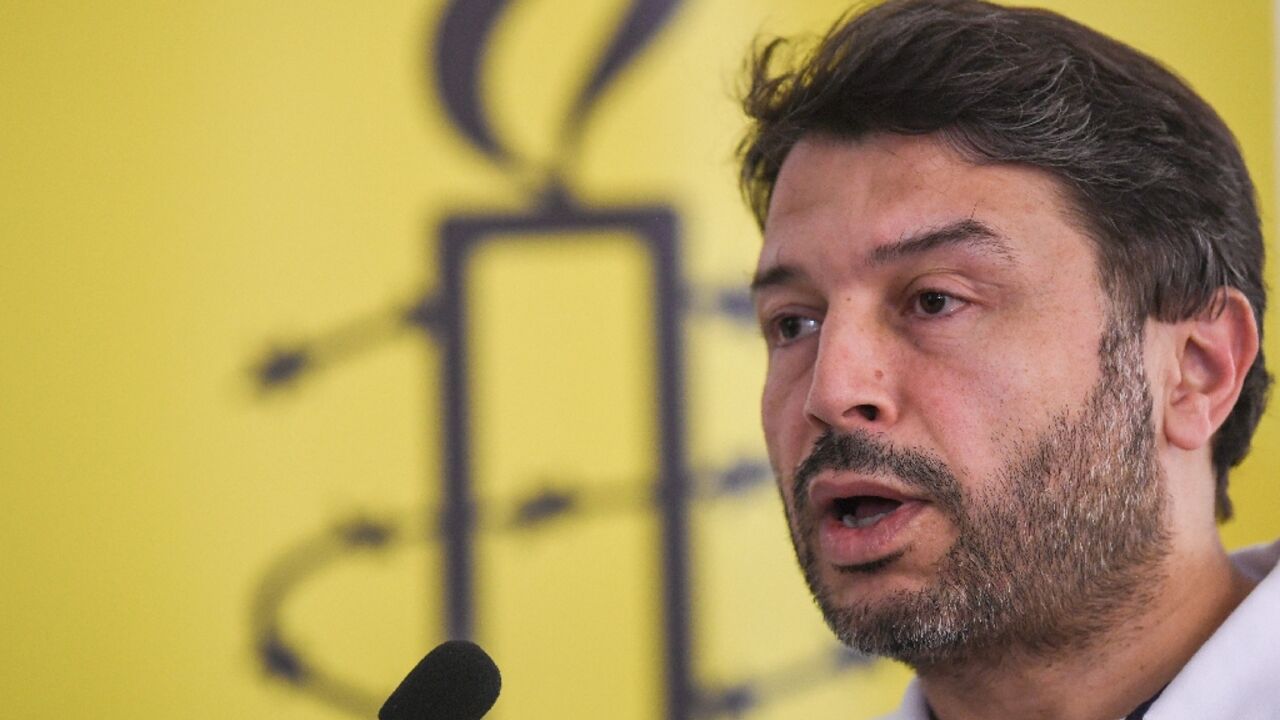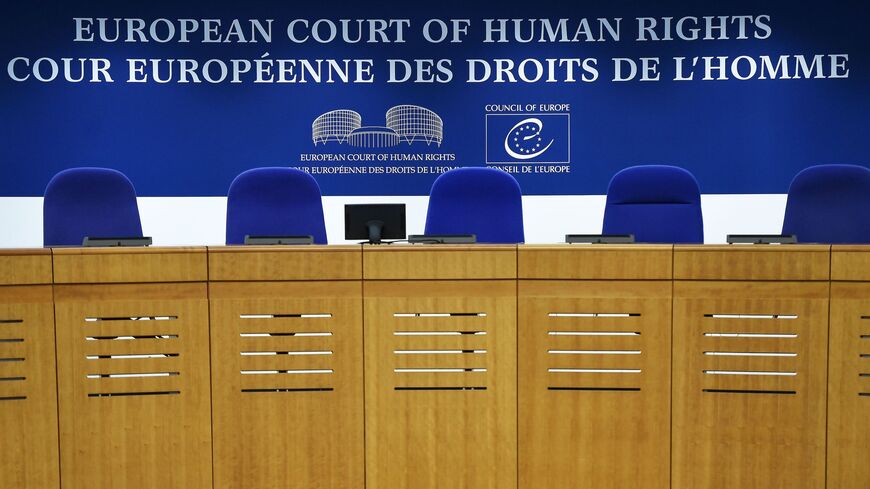Europe court condemns Turkey over Amnesty activist's 'unlawful' detention

The European Court of Human Rights on Tuesday condemned Turkey over the arrest in 2017 of the head of the Turkish branch of rights group Amnesty International, ruling his detention was unlawful.
The court said there was no indication an offence had been committed.
Taner Kilic was detained in June 2017 on charges of links to US-based preacher Fethullah Gulen, who Turkey accuses of staging a failed coup in 2016 against the government of President Recep Tayyip Erdogan.
Kilic was released in August 2018. But in July 2020, he was convicted of belonging to a terror group and sentenced to six years and three months in prison. Kilic, who is currently not in detention, has appealed against the verdict.
In its latest damning ruling against Turkey, the ECHR said his pre-trial detention had been "unlawful and arbitrary" and there had been "no reasonable suspicion that Mr Kilic had committed an offence."
The chamber's verdict was agreed unanimously by seven judges, including Saadet Yuksel of Turkey.
The court said Kilic's detention violated the European Convention on Human Rights on four counts. The ECHR enforces the convention and all 46 member nations of the Council of Europe must adhere to it.
"This long-awaited European Court ruling confirms what we have known from the start -- that Taner Kilic was arbitrarily deprived of his liberty when jailed in a high security prison on trumped-up charges," said Amnesty International's Europe director, Nils Muiznieks.
He said the conviction must be "quashed", warning that Kilic risks another two-and-a-half years in prison if it is upheld by the Turkish Court of Cassation.
The verdict was the latest ECHR ruling against Turkey. Concerns remain over freedom of expression in the country in the wake of the 2016 coup bid, which saw an unprecedented crackdown against opponents of Erdogan.
The Council of Europe has begun disciplinary proceedings against Turkey -- only the second time such a process has been launched in its history -- over its refusal to release philanthropist Osman Kavala in defiance of an ECHR ruling.








